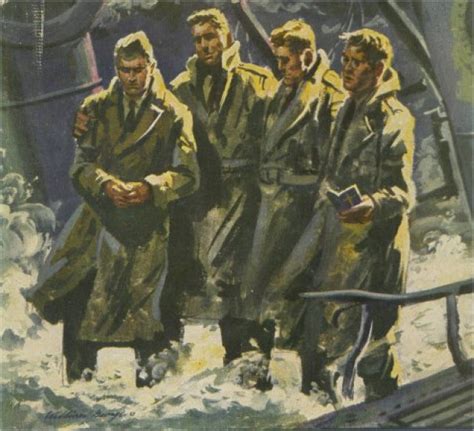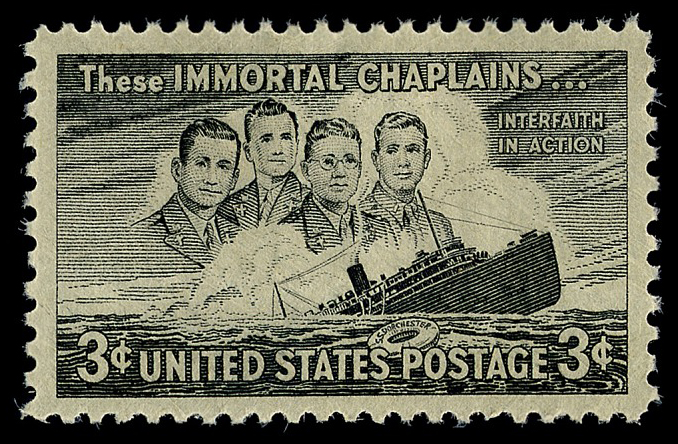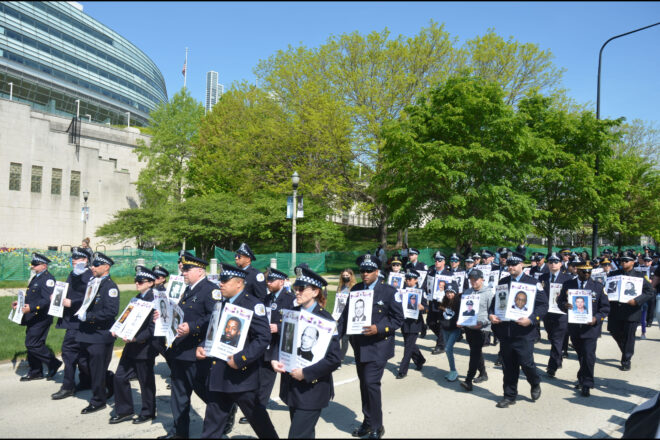There was a time before smartphones. A time before the internet. Perhaps when we relied upon the people to be smart, we were a far more thoughtful nation. It was not possible to scroll through mountains of the inane in a mirage seeking significance. No, its more than perhaps, an ease of technology makes true contemplation more difficult. Not so long ago, if you sought to remember a far-off loved one on a holiday, you had to plan ahead. It required actually writing a meaningful message, as there were no gifs or jpegs. If you sought to leave a written message, you needed to rely on the post office, and you needed a stamp. A particular stamp I first saw as a child comes to mind today. Why that stamp? Why today? Because today is Memorial Day, not the start of summer.
Estimated reading time: 7 minutes
A Memorable Memorial Stamp
My father introduced me and my brother to stamp collecting as small children. It was never a passion for me, but it has remained something of value. Mostly because commemorative stamps provide a connection to history and to our nation. The stamps of the world are issued within countries. A nation’s stamps have always been a means of paying the cost of moving correspondence and packages from one place to another. But, nations have also used their stamps to inspire their citizens and to honor ideas and heroes.
This Memorial Day, if we were to look for a stamp fitting for the day, they still exist. Simply a stamp with the American Flag would be appropriate. But, there are others even more specifically relevant to this day. None more so than the 1948 U.S. Postal Service “These Immortal Chaplains” stamp. That stamp fully captures the meaning of this day.
The Meaning of Love and True Sacrifice
There is an often quoted saying that I have never cared for much. “All is fair in love and war.” The intention is to speak to a willingness to do what is necessary when doing so matters most. Gilbert Keith “G.K.” Chesterton was a writer, philosopher, and Christian of amazing intellect. I suspect Chesterton would not object with my drawing a connection between the far less thoughtful “all is fair” saying to one of his insights. In 1911, he wrote:
“The true soldier fights not because he hates what is in front of him, but because he loves what is behind him.”
Yet, even this incredible insight falls short, as it does not fully embrace the fullness of true sacrifice. For this lesson, scripture provides us the clearest instruction:
“Greater love has no one than this, that someone lay down his life for his friends.” [John 15:12]
This understanding of the costs of war, and the truest expression of love, is captured in the “These Immortal Chaplains” stamp.
Remembering the Immortal Chaplains
Who were these chaplains. They were men of faith, and called to serve during World War II. They became part of the U.S. Army Chaplain’s Corps, and were commissioned as lieutenants. As chaplains, their mission was to provide religious support and advice on matters of spirituality for the nation’s soldiers. Their mission is a reminder that the saying is wrong, all is not fair in love or war.
The stamp honors sacrifice and service. But, not just theoretically. The four chaplains to which the stamp is a memorial were four specific men:
- Lt. George L. Fox, a Methodist reverend.
- Lt. Alexander D. Goode, a Jewish rabbi.
- Lt. John P. Washington, a Roman Catholic priest.
- Lt. Clark V. Poling, a reverend from the Dutch Reformed Church.
In February 1943, the four chaplains were among the 902 servicemen, seamen and civilians aboard the USAT Dorchester, an American military transport ship. The Dorchester was part of a convoy of ships bringing troops and supplies to an American military base in Greenland. A converted passenger liner, the Dorchester and other transport vessels had limited armaments. For protection, the convoy was under the escort of three U.S. Coast Guard cutters.
Historians noted that during World War II, the German submarines, known as “U-boats,” were a core element of Germany’s attempt to prevent Great Britain from continuing to fight. Supply ships from America and Canada were crucial to Britain’s ability to defend against the Nazi war effort. During the war, U-boats sank over 2,900 British, American, Canadian, and other allied nation’s ships.
The Reality of Danger
At 12:55 a.m. on 3 February 1943, a torpedo from a German Navy submarine, the U223, struck the Dorchester. The blast killed many, and as the Dorchester was quickly taking on water, dozens more drowned in the first moments following the attack. Retired Command Sergeant Major James H. Clifford described the moment of the torpedo strike as follows:
“The ensuing explosion rent a hole near the engine room from below the waterline to the top deck. The lights went out, steam pipes split, and bunks collapsed like cards one on top of another. The sounds of screaming and the smell of gunpowder and ammonia filled the air. The initial explosion killed dozens outright, and a wave of cold water entering the ship quickly drowned dozens more. Nearly one-third of those aboard died in the first moments of the disaster.”
The convoy was traveling that night in the most dangerous part of the voyage, as the area was known to be active with German submarines, and the convoy was too far from land for fighter aircraft support.
The Example Sacrifice
As the Dorchester continued to sink, the ship’s captain gave the order to abandon ship. There was panic, and suffering. Chaplains Washington, Goode, Fox, and Poling worked together valiantly. They comforted the wounded, provided prayers of support and salvation, and they worked actively to help the living survive. They passed out life jackets to the men. The soldiers and crew that could, scrambled for lifeboats. Many others prepared to directly enter the frigid waters of the North Atlantic during winter. Without a life jacket, the chances of swimming long enough for rescue were bleak.
When the supply of life jackets ran out, the four chaplains gave up their own, giving others the chance to live. Witnesses from the lifeboats tell of the four chaplains linked arm-to-arm, in prayer, as the Dorchester slipped under the Atlantic.
Remembering Why Memorial Day
Man has no better example of sacrifice. It is fitting that on this Memorial Day, we remember all those who have perished in service to our nation. To remember all 672 from the Dorchester who were lost that night. It is right to hold firm to the memory of These Immortal Chaplains. Without question, the bravery and actions of Chaplains Washington, Goode, Fox, and Poling helped to save lives. In total, there were 230 survivors from the Dorchester, who were ultimately picked up by the Coast Guard and other convoy vessels.

We need these times to be more thoughtful ones. Abraham Lincoln stood long ago in Gettysburg and reminded his fellow Americans that the duty to remember, and carry on the work, remains for us the living. We need to thank those willing to sacrifice all for a better world. Honoring all of those who have been lost for our benefit and in our name is our obligation. We need to get off of our “smartphones,” and do more to build public safety, and keep alive liberty and justice for all. We must seek God’s face, and pray for revival.
To learn more about the Four Chaplains, we encourage all Secure 1776 followers to read, No Greater Glory: The Four Chaplains and the Sinking of the USAT Dorchester, by Command Sergeant Major James H. Clifford, U.S. Army (Retired).
We are interested in your thoughts, and invite you to comment below.



